Don Taylor is a man on a mission to make sense of the AI revolution in learning and development.
As the chair of the Learning Technologies Conference in London since 2000 and the lead researcher behind the annual L&D Global Sentiment Survey, he's had a front-row seat to the seismic shifts transforming the industry. But Don is no mere observer – he's a passionate advocate for harnessing the power of AI to create more effective, engaging, and personalized learning experiences. With a career spanning three decades and roles from design and delivery to chairman of the board, he brings a wealth of practical experience and strategic insight to the conversation.
In this episode of Learning Unbound, Don dives deep into the hype and reality of AI in corporate learning. He separates fact from fiction, exploring both the transformative potential and the daunting challenges of implementing AI at scale.
As someone who's been on the front lines of L&D innovation for years, I found Don’s insights to be both inspiring and grounding. He doesn't sugarcoat the difficulties of driving behavior change or the risks of relying too heavily on algorithms, but he also sees a compelling potential of how AI might transform L&D in ways we cannot fully envision today
If you're grappling with how to navigate the AI landscape in your own organization, you won't want to miss this conversation.
Scroll down to read five of Don’s key takeaways for navigating this unique moment in our technological evolution.
Or tune in to the full episode here:
— The untapped potential of peer-to-peer learning in organizations [01:39]
— How AI will transform learning and the skills needed to leverage it [16:05]
— Why human adaptability, not tech, is the limiter on AI progress [19:43]
— Overcoming resistance to change for an AI world [27:08]
— Creating intentional learning pathways to develop "machinist managers" [34:14]
— Ericsson's cutting-edge approach to AI experimentation and skills-based learning [41:28]
— Separating truth from hype around Artificial General Intelligence (AGI) [45:54]
— The most overlooked risk in AI development [48:26]
1. The AI Revolution is Upon Us
Don Taylor doesn't mince words when it comes to the impact of AI on learning and development:
"I think it's one of three things that's going to be huge that I've seen in my lifetime. The dawn of [personal computing] in the 1980s, the World Wide Web being invented in 1989, 1990 and coming to fruition in the 2000s. And now AI."
Just as personal computing and the internet transformed the way we live and work, AI is poised to revolutionize the corporate learning landscape. But to harness its potential, L&D professionals must understand both the possibilities and pitfalls of this powerful technology.
2. The Four Stages of AI Adoption in L&D
Donald Taylor suggests that AI in L&D will follow the same four-stage pattern as other transformative technologies:
"I think that any new technology goes through four phases. You've got the original state, the next state is the amplification state. You did what you used to do, but bigger and louder... The next thing beyond that is you do the old thing in a new way... And then you do the new thing in a new way."
Most current applications of AI in L&D, like AI-powered coaching, are merely in the "amplification" stage - doing old things louder. The real potential lies in using AI to fundamentally rethink and redesign learning experiences. To truly harness the transformative power of AI, L&D professionals must move beyond the hype and focus on experimentation and innovation to create entirely new ways of supporting learning.
3. The Human Side of AI Adoption
While AI has the potential to transform learning, its success hinges on the willingness and ability of employees to embrace it. Don cautions:
"We're requiring people to take on a whole new skill set... We're not used to the idea. One of the big things that I see is that people have tried it once...they had a mediocre result and they left it. And that's their experience and they've tarred everything with AI as a result."
Overcoming resistance to AI in the workplace will require a concerted effort to help employees develop the skills and mindset needed to thrive in an AI-driven world. L&D teams must design learning experiences that not only teach AI tools, but also cultivate the curiosity and adaptability needed to continuously learn and grow.
4. Developing Tomorrow's Leaders
As AI becomes more prevalent in the workplace, organizations must rethink their approach to leadership development. Don warns of the risks of relying too heavily on AI without investing in human talent:
"If all of your new hires are just using ChatGPT, you're going to have very few people who are capable of being a great manager and then VP or executive."
To build a pipeline of future leaders, companies need to provide opportunities for employees to develop the judgment, creativity, and emotional intelligence that AI cannot replicate. This means creating learning experiences that challenge employees to think critically, solve complex problems, and collaborate with others.
5. Separating Hype from Reality
Despite the excitement around AI, Don urges caution when it comes to the hype surrounding Artificial General Intelligence (AGI):
"People are saying 2024 will be the year of AGI, artificial general intelligence... I am deeply skeptical that this is attainable and I can't explain why... They're not exhibiting anything like consciousness or the ability to think sensibly about something."
While AI has made tremendous strides in recent years, we are still a long way from creating machines that can truly think and reason like humans. L&D professionals must be discerning consumers of AI technology, focusing on practical applications that can deliver real value today, rather than chasing after the elusive dream of AGI.




.png)


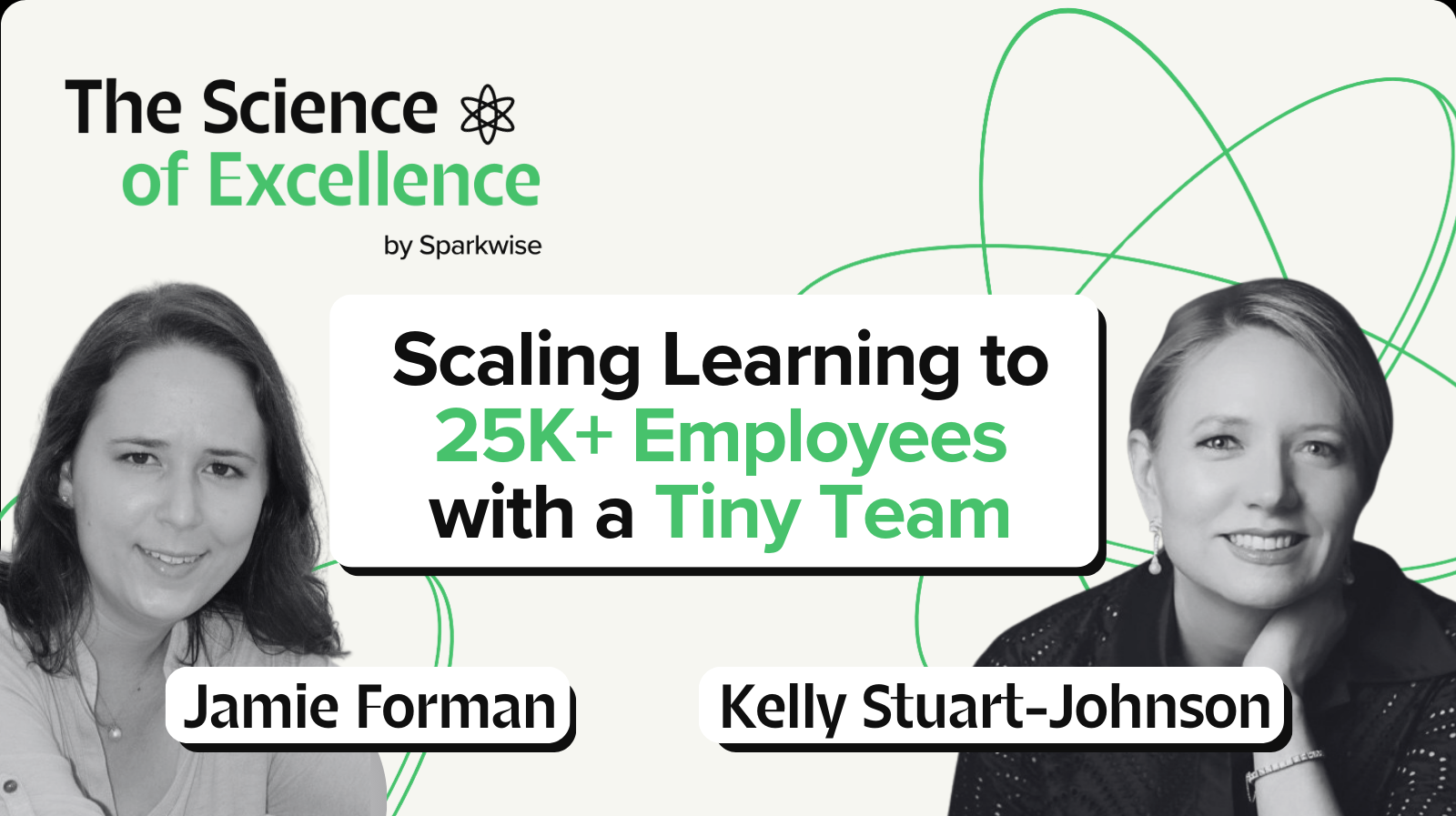
.png)
.png)
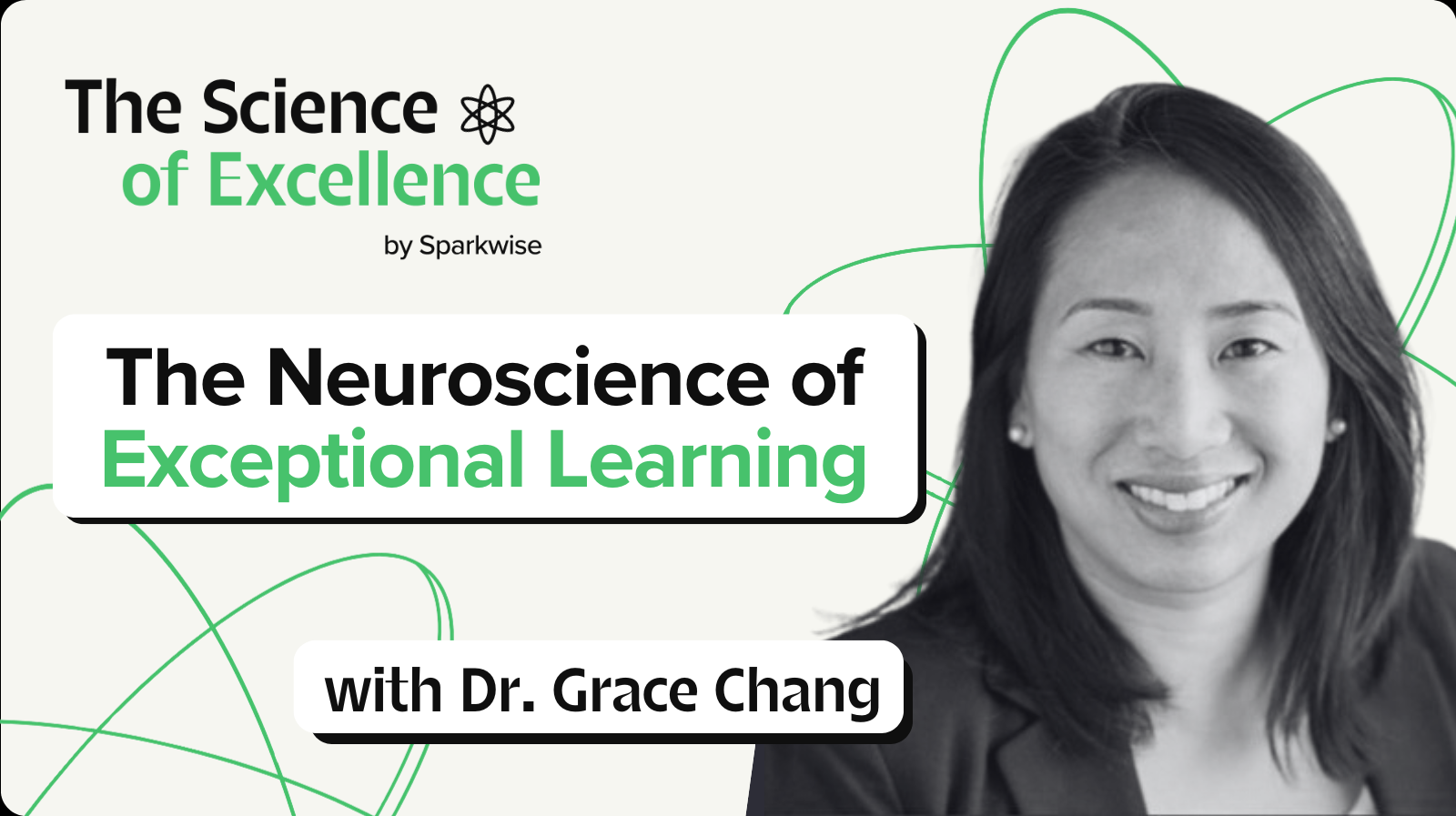
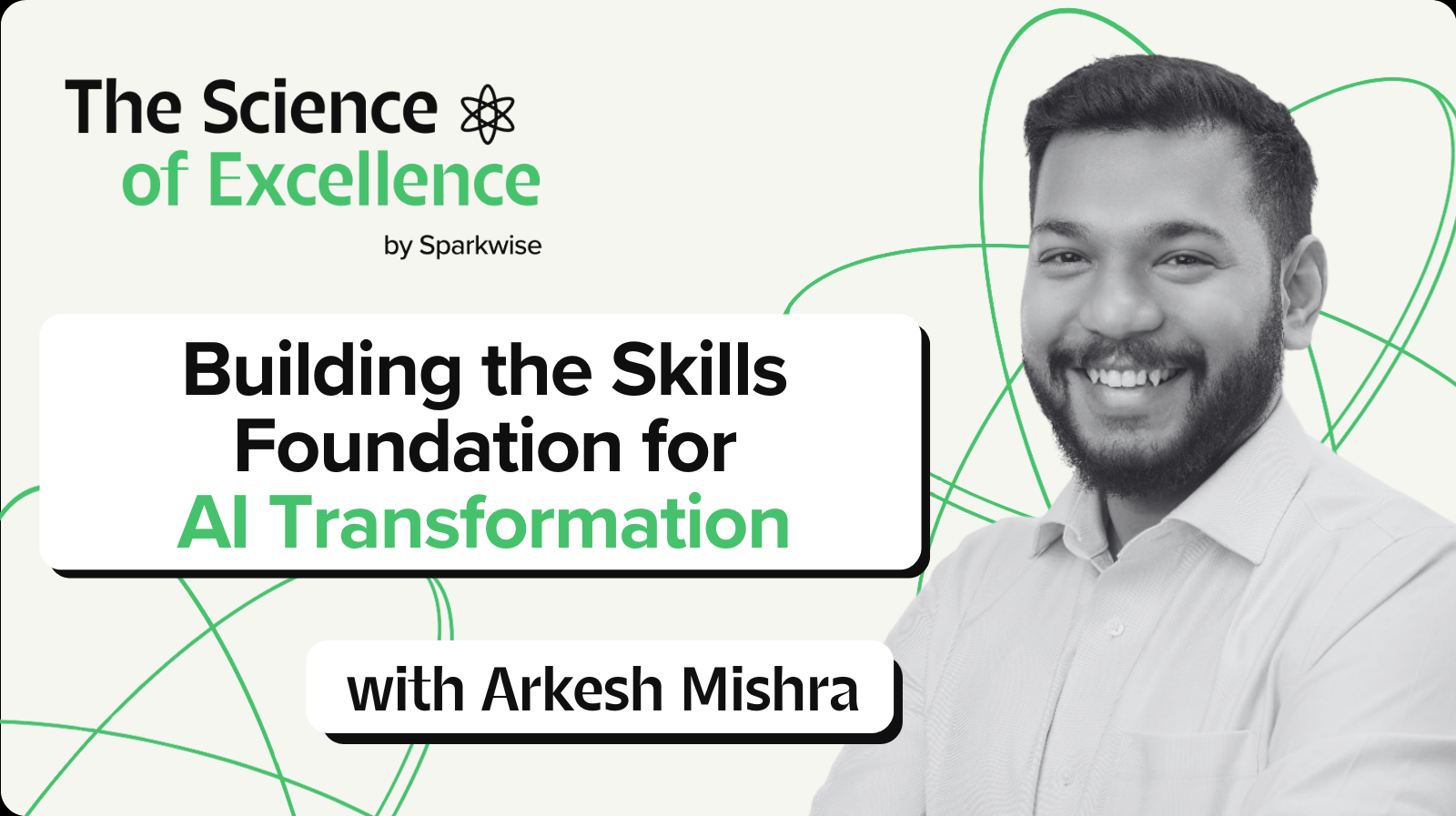

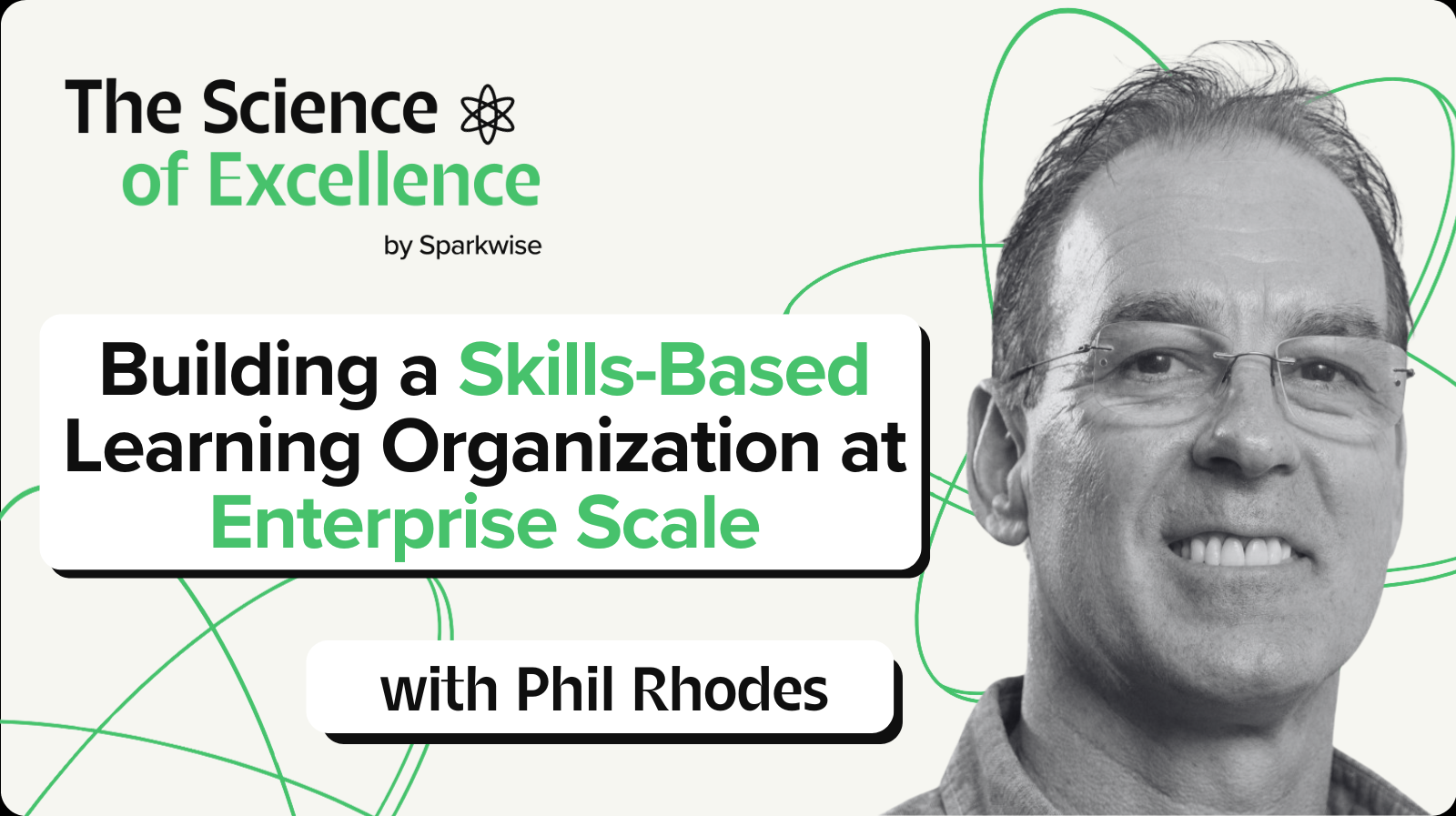
.png)

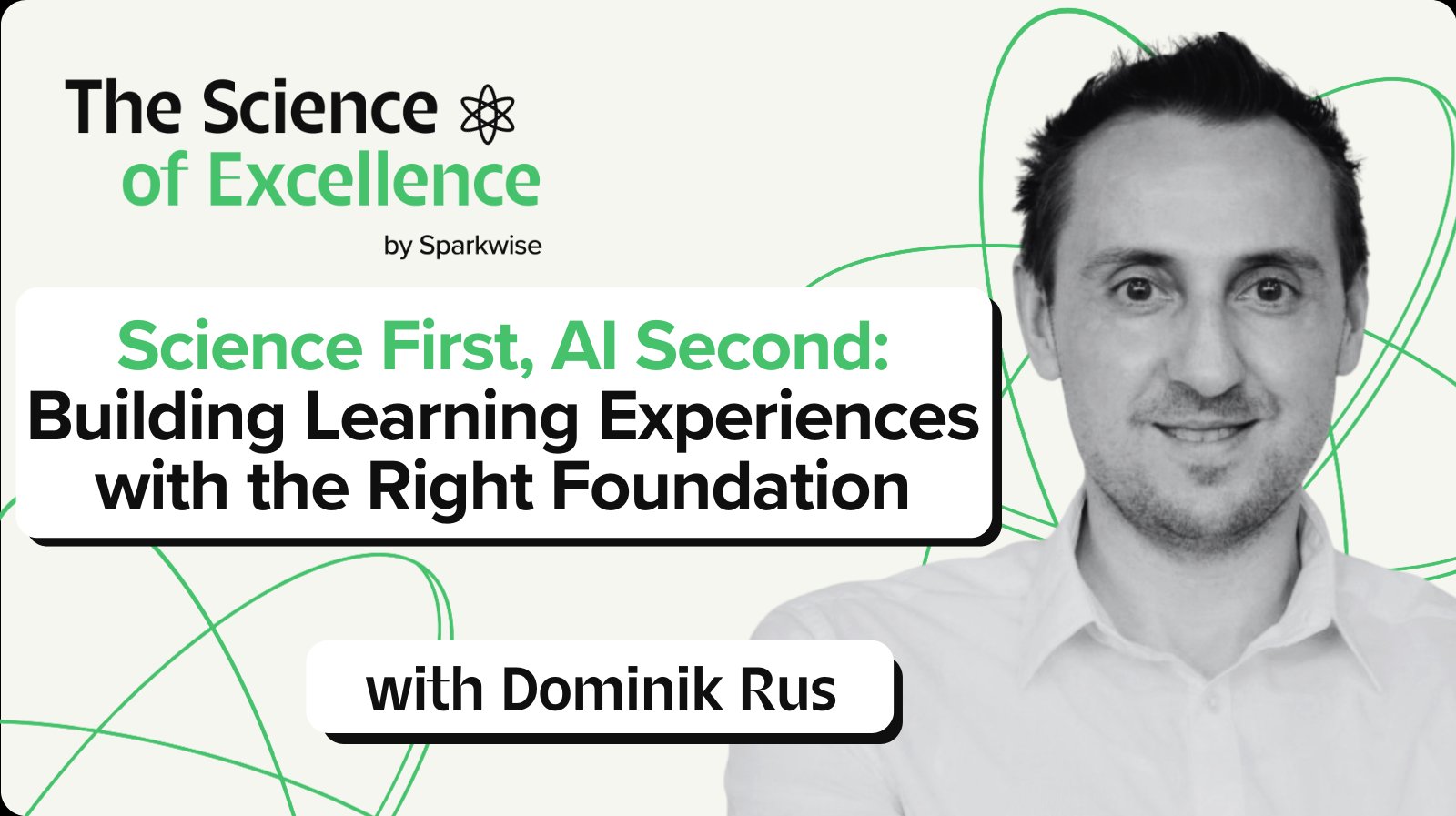
.png)
.png)









.png)











.png)